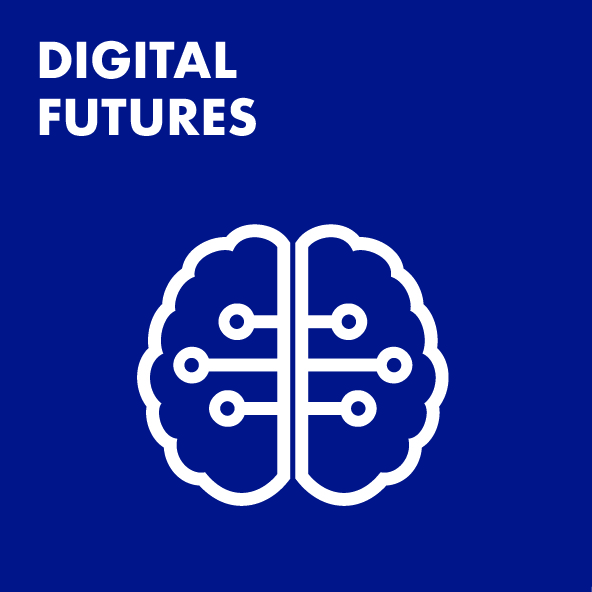The Challenge
The primary focus of the research is innovation, and how individuals, groups or organisations are likely to react when first encountering, or after using a particular innovation (i.e. something new to them, and therefore having some overlap with the theme of change management). The general challenge therefore is to identify those issues most likely to improve or inhibit acceptance of a particular innovation. Much of the work has focused on digital innovation, and what motivates and restricts acceptance of these innovations when they are introduced. However, the work is not restricted to the digital agenda, and also considers innovation in the broadest sense, having previously examined concepts such as new forms of employment conditions in the modern economy, and how particular governmental strategies and policies are likely to be received.
The Method
The work has been primarily (but not exclusively) carried out by capturing, analysing, and interpreting primary data; techniques commonly employed include both quantitative and qualitative approaches, including Structural Equation Modelling (SEM) and fuzzy-set Qualitative Comparative Analysis (fsQCA), although some investigations have involved the use of AI-based data analysis techniques – primarily in the form of unsupervised neural networks. The research is generally grounded in the “real world”, and usually collaborative in nature, with collaborations having included work with British Airways, British Telecom, Fujitsu, Port Talbot Enterprise Zone, Blue Arrow/John Lewis Partnership, the Welsh Government, various international regional government partners as partners in European Union (INTERREG IIIC EAST projects), and numerous non-EU governments via the sponsorship of PhD scholarships. Funding or resource donation has been received from the majority of collaborators.
The Impact
Innovation has been and continues to be, a key feature of life, providing a constant stream of challenges in gaining better understanding of factors influencing the likelihood of acceptance and ongoing use of such new developments, be they products, services, policies, etc. The work therefore generally impacts upon those who wish to successfully implement something new, who are interested in understanding how their innovation will be received, and how likelihood of acceptance can be improved, or conversely, what are the key limiting aspects. It has potential impact at a range of levels; governmental, societal, large and small organisations, and the individual entrepreneur with an idea. Work has been used (and funded by) the Welsh Government, various EU regional government agencies, and numerous other collaborative partners in both private and public sectors. With substantially over 9,000 citations of the research appearing in academic journals, PhD and other theses, and public and provide sector reports, the body of work has been seen to influence the thinking of academics, research degree candidates, organisation, and government bodies. Doctoral candidate supervised to successful completion have taken up positions in both public and private sectors, including in academic institutions worldwide, in government agencies, and in Silicon Valley.








